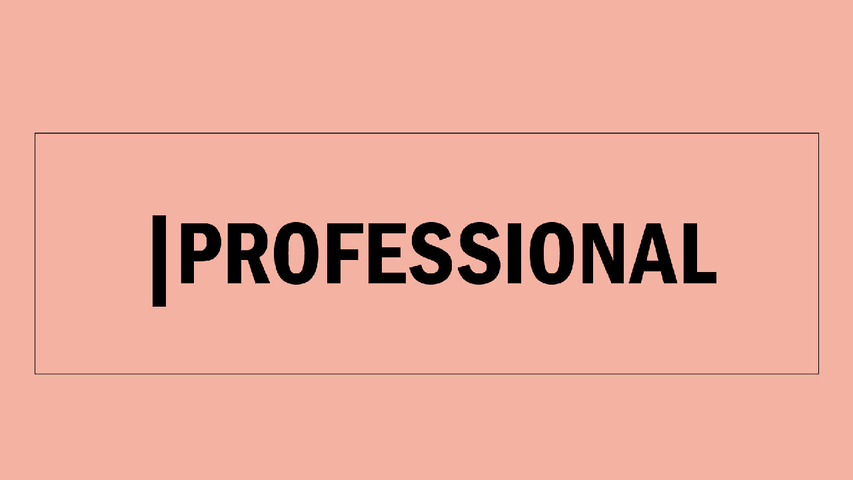
Googling hairstyles is nothing new — many of us often hit up the search engine to find inspiration for our next cut, color, or music festival plait. But, as Mic reports, a recent search for “professional” and “unprofessional” styles, has resulted in some very upsetting findings. Twitter user BonKamona saw a tweet saying to Google unprofessional hairstyles for work. She did. Then, she searched for professional ones. The problem: the “unprofessional” options pulled up mostly black women with natural hair (minus a random image of Elizabeth Banks as Effie Trinket in The Hunger Games, while the “professional” request ended in an overwhelmingly white display.
Seriously. Try it for yourself. If this isn’t already causing your jaw to drop, then get this. Another Twitter user, MalumDube, also made the extremely valid point that many of the hairstyles in the “unprofessional” category are literally identical to the ones listed as “professional,” save for the fact that a black woman, with natural hair, is wearing it.
This is a big problem. Although natural hair appreciation is something we’ve seen more of recently — with everything from inspiring hashtags to more appearances on the runways and red carpet, there are still tons of instances where girls have to deal with backlash for embracing their coils. We’ve seen girls get kicked off cheerleading teams for curls, get in trouble at school for being “untidy,” and feel pressured to chemically straighten their strands because of the negative connotations linked to natural hair. And this is yet another, truly shocking instance that keeps the stereotype alive.
Many people reacting to this discovery have gone on to explain that once you actually do click on the articles associated with the pictures in the search, they are informative pieces that aim to call out issues black women face in the professional work place because of their hair. But, even so, by grouping these pictures in a way that connects them directly to the word unprofessional, minus context, fuel is only added to the fire.
Because most of the articles are geared to breaking down prejudices, it’s seems that this is a very real algorithm oversight. But regardless of how the divide occurred, this proves that we still have a long way to go.